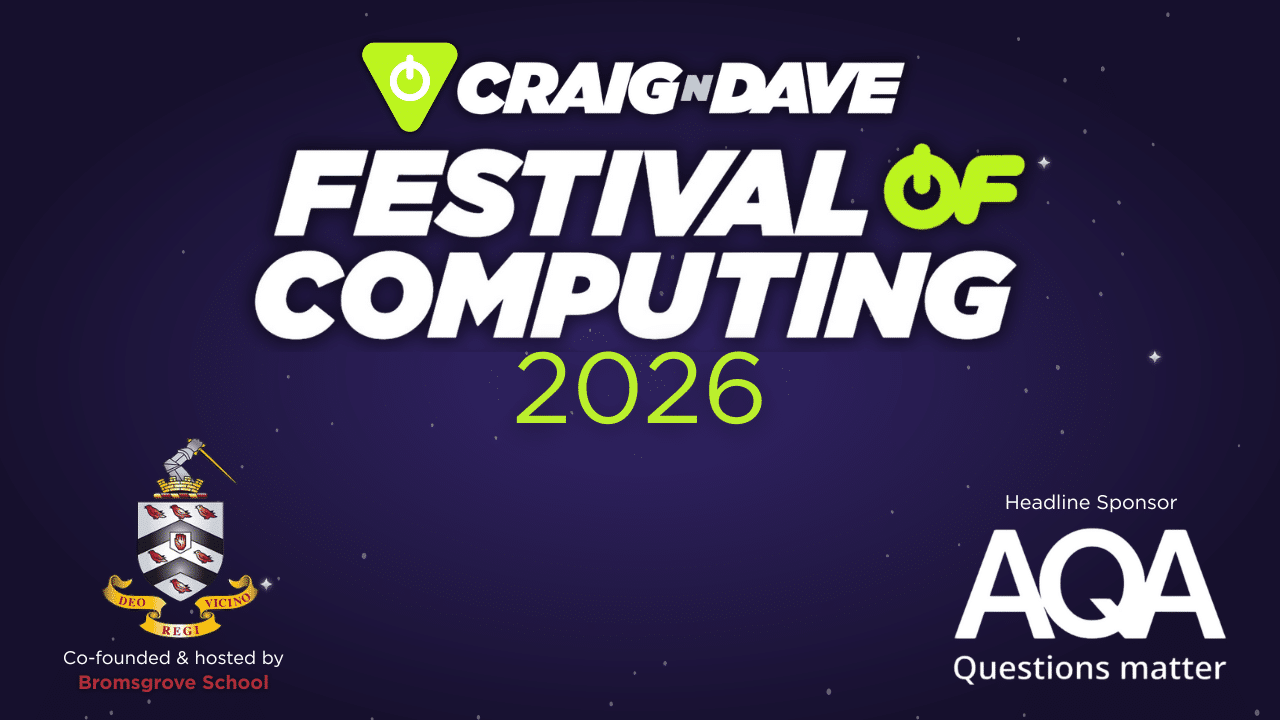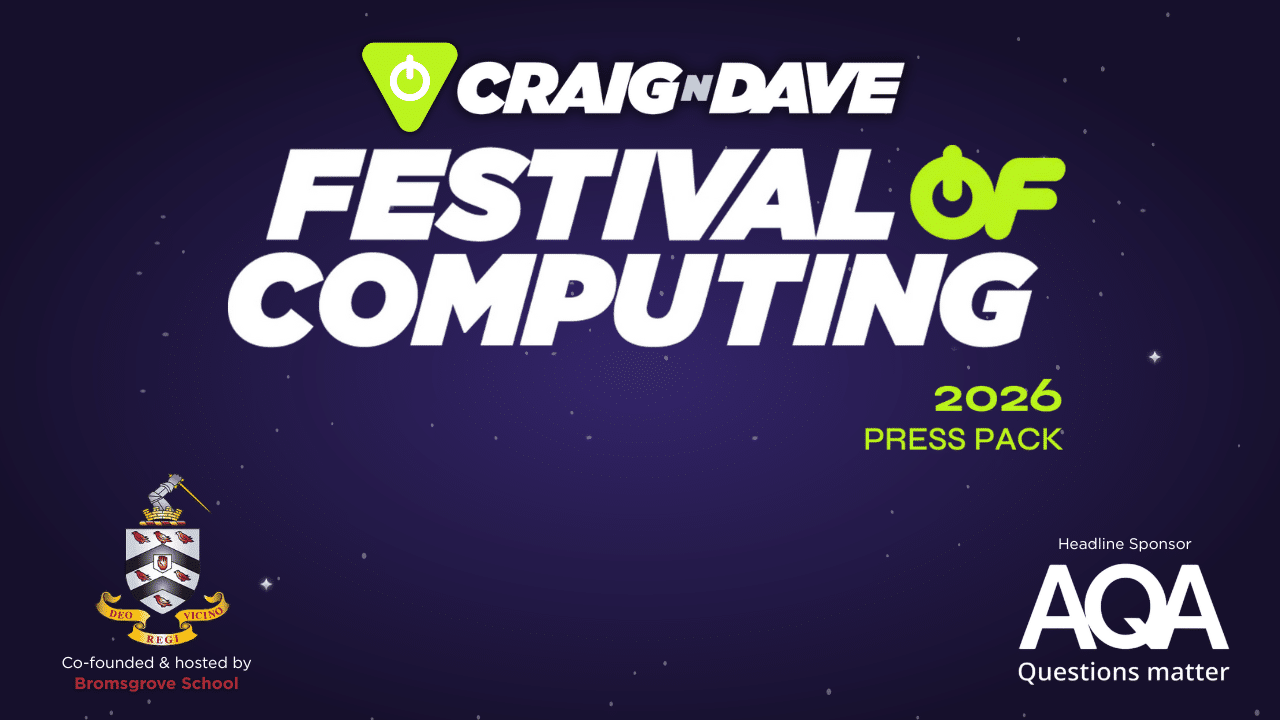
10 June 2025
GPUs are the powerhouses of modern computing, handling everything from gaming to video editing and complex 3D rendering. But with great power comes great heat. Ever wondered why your graphics card runs so hot? Let’s break it down.
The science behind GPU heat
Think of your GPU like a busy chef in a restaurant, constantly preparing thousands of meals at once. Each dish represents a calculation, and just like in a real kitchen, all that activity generates heat.
At the heart of it all is electricity. Every time your GPU processes data, tiny electrical signals rush through billions of transistors. But electricity is never 100% efficient—some of that energy gets lost as heat. With so many calculations happening at lightning speed, things heat up quickly.
Why GPUs run hotter than other components
Unlike your CPU, which gets short breaks between tasks, GPUs are designed for continuous heavy lifting. Whether you’re gaming, rendering 3D models, or watching high-definition videos, your GPU is working flat out, pushing itself to the limit.
To make things even trickier, modern GPUs are built with incredible density, packing more transistors into smaller spaces than ever before. It’s like squeezing too many commuters onto a packed Monday morning train; there’s no room to breathe, and the heat has nowhere to escape.
How GPUs keep their cool
This is where cooling solutions come in. Your computer’s fans work hard to move hot air away from the GPU, while heatsinks help absorb and disperse excess warmth. High-performance gaming setups even use liquid cooling to keep temperatures under control.
If your GPU ever gets too hot, it can throttle its performance to prevent damage, but ideally, you want to avoid this from happening. Keeping your PC well-ventilated and dust-free can go a long way in helping your GPU stay cool and efficient.
Next time you hear your computer fans whirring into action, just remember: your GPU is working hard to deliver stunning graphics and smooth performance. Looking after it will keep your system running at its best.
Want to dive deeper into how GPUs work? Watch the full video here.
Want to learn more about computer science and the latest tech trends? Visit our website Craig’n’Dave for all the latest resources and insights.












